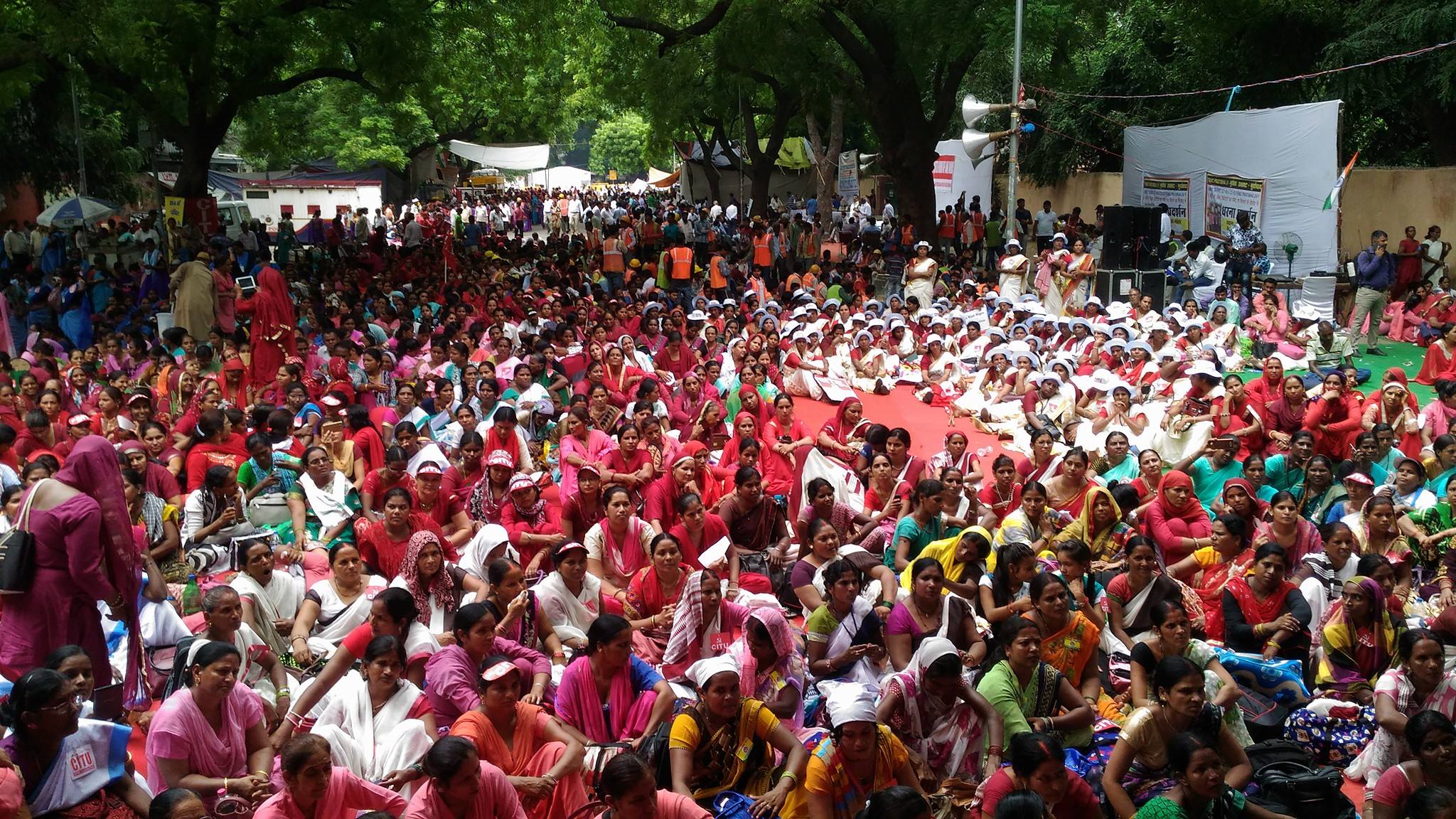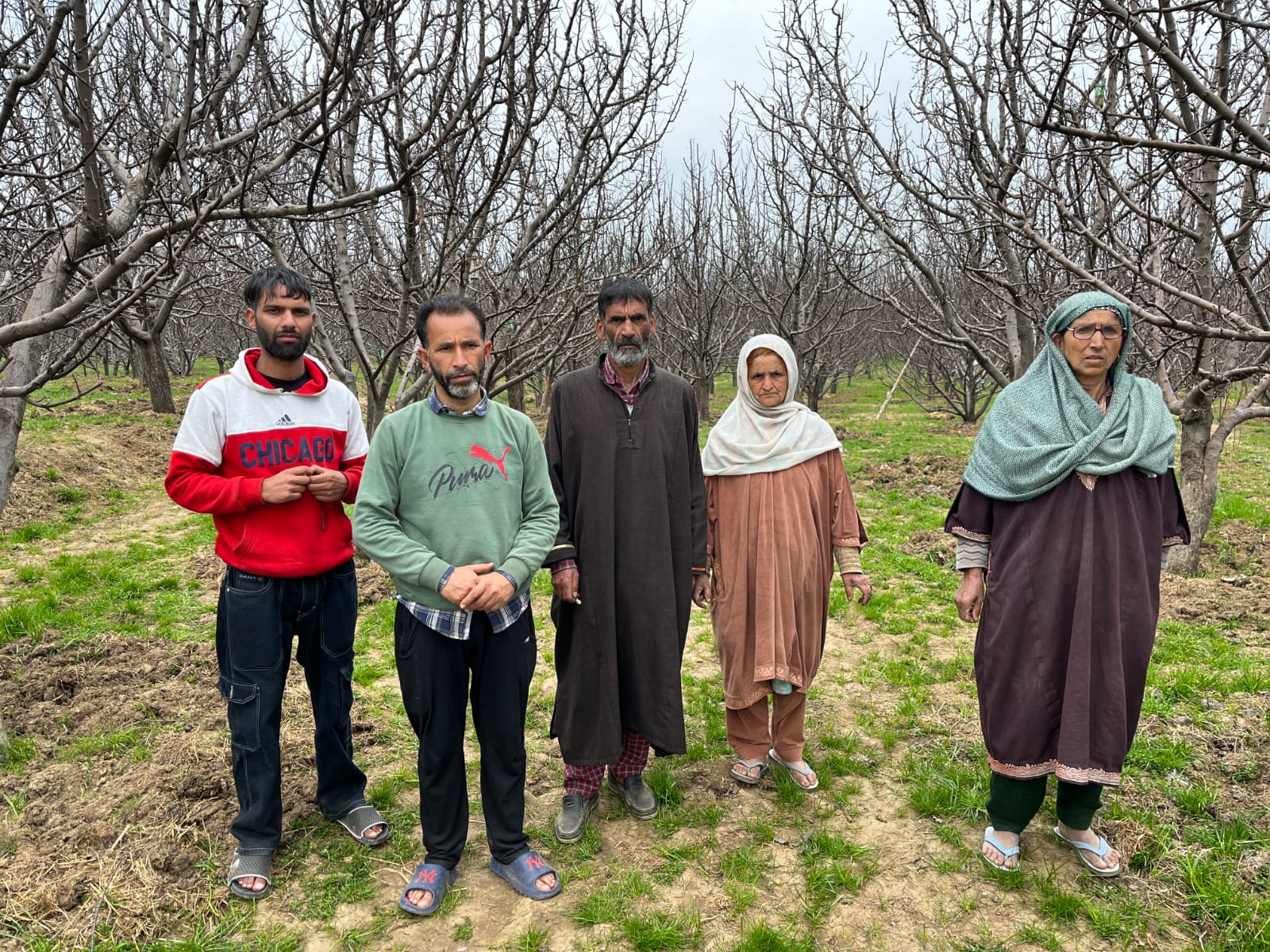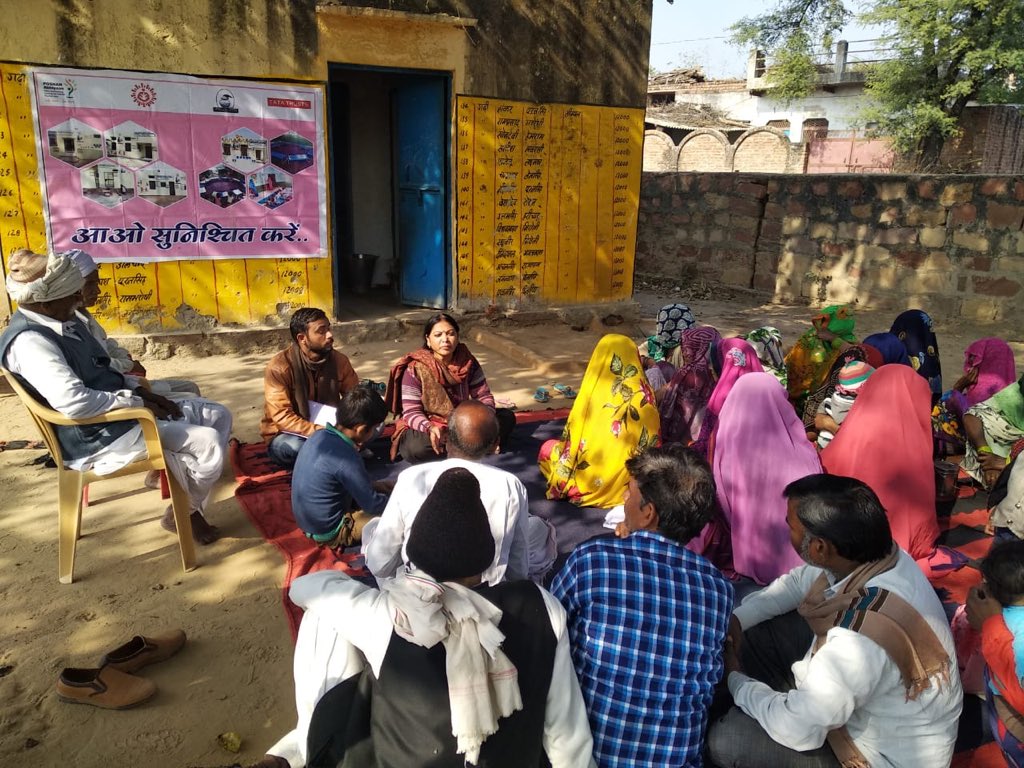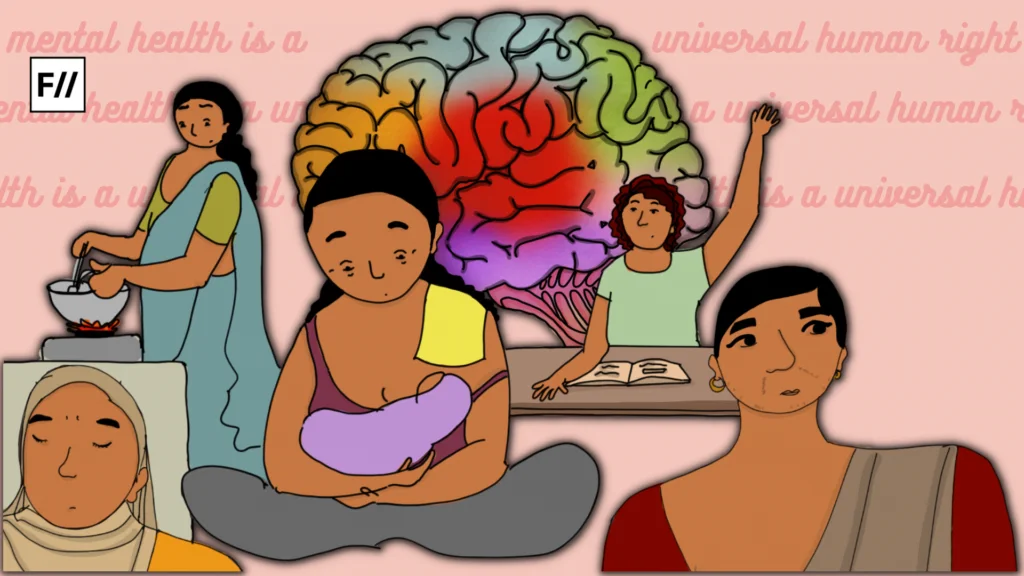Posted by Alankrita Anand
The farmers’ rally from Delhi’s Ramlila Maidan to Parliament Street a few months ago did not only comprise striking farmers and agricultural labourers. It was a diverse group of workers from the agrarian, construction, health and education sectors, unified in their demand for minimum wages and better working conditions. According to reports, a sizeable number of the participants were women, many of them ASHA workers demanding fair compensation for being on their feet 24 hours a day, as and when a woman or her child require attention.
An Accredited Social Health Activist, commonly known as an ASHA worker, is the crucial link between the country’s public health system and its people, especially in rural areas. Their urban counterparts are called USHA workers.
As the name suggests, ASHA workers are not merely primary healthcare providers but are also entrusted with disseminating information, creating awareness, and counselling women and their families when required; they are health activists. And the ultimate goal that the National Health Mission (NHM) hopes to achieve through its ASHA programme is a significant reduction in the maternal and infant mortality rates. Presently, India’s maternal mortality rate is 130 deaths per 100,000 live births. Although this is a declining trend, India still accounts for 17 percent of the world’s maternal deaths.
ASHA workers, whose work begins with identifying pregnant women, encourage them to have institutional deliveries and avail antenatal and postnatal care at public health facilities. The continue to stay in touch with the woman and her family till the child is 42-days-old. Apart from ensuring individual immunisation and check-ups, an ASHA worker is also expected to inculcate health practices in the community through village and block-level meetings.
For all of this work, many ASHA workers are paid as less as 1000-1500 rupees a month. This is so because they are not considered employees but voluntary workers who are given task-based incentives rather than fixed salaries.
Laxmi Kaurav, Video Volunteers’ Community Correspondent from Bhind, joined the ranks of the violet saree-clad force in Madhya Pradesh as an ASHA Sahiyogini because it was the closest she could come to her dream of becoming a doctor. But like most ASHA workers across the country, the injustice of being treated as underpaid volunteers started to rankle. She now heads the ASHA USHA Sahiyogini Karyakarta Sangathan in her state, fighting for fair wages, better working conditions, and the right to representation.
To mark their distinct identity and rights as women workers, the group started their strike on March 8, International Women’s Day.
Laxmi is at the helm of the struggle in Madhya Pradesh; meanwhile, similar groups and movements are gaining momentum across the country. This is not a new phenomenon. ASHAs, USHAs and anganwadi workers have been raising these demands for a long time now. But both central and state governments have paid little heed.
While Laxmi is leading her group as a part of the ASHA community from 21 different districts of Madhya Pradesh, she fears the dilution of the group’s demands if someone from outside of the group leads it. Workers’ unions, throughout history, have been male-dominated, as are political parties. Laxmi and her colleagues do not want men from these groups to co-opt their struggle, they want to build alliances instead. To mark their distinct identity and rights as women workers, the group started their strike on March 8, International Women’s Day.
Half a year and many assurances from politicians later, the government hasn’t actually budged an inch, but neither has the grit of the workers. The Madhya Pradesh ASHA USHA Sahiyogini Karyakarta Sanghathan continues its fight while their counterparts rally on in other states. Meanwhile, the government prides itself on the reduction in maternal mortality, turning a blind eye to the very people whose efforts played a major role in it.
Video by Video Volunteers’ production team and article by Alankrita Anand, a member of the VV editorial team.
Featured Image Source: News Click




